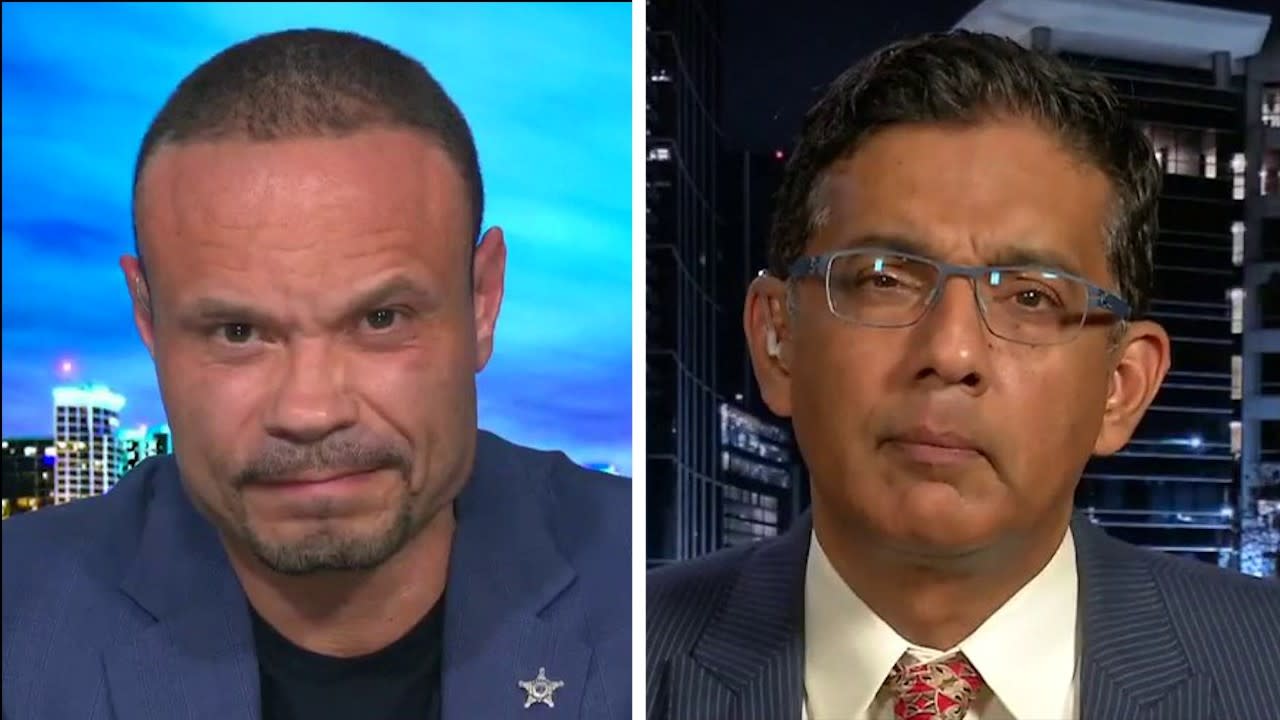

The Muslims who carried out the 9/11 attacks were the product of this visceral rage.” This take, along with D’Souza’s admission that he had some sympathy with fundamentalist critiques of western culture, proved too much for many conservatives, leading D’Souza to complain that he was being attacked by his own side in this lengthy op ed.

The latter contains an infamous passage in which the author claims that the “cultural left and its allies in Congress, the media, Hollywood, the non profit sector, and the universities are the primary cause of the volcano of anger toward America that is erupting from the Islamic world. But things began to slip off the rails with 1995’s The End of Racism and especially The Enemy At Home: The Cultural Left and Its Responsibility for 9/11. Even the New York Review of Books took note.ĭ’Souza seemed fated for a cushy career as a conservative intellectual, bouncing between right-wing think tanks like the American Enterprise Institute and prestigious outlets like the Public Discourse and First Things. The book made a contribution to the minor genre of conservative critiques of campus activism and politics and received warm reviews from the bowtie and cigar part of the right-wing press. But it wasn’t until his 1991 book, Illiberal Education: The Politics of Race and Sex on Campus, that D’Souza really caught the public eye.

Starting in the late 1980s, he published a series of politely received books on Christian doctrine that attracted the attention of academic theologians like Reinhold Niebuhr and Michael Novak. The world is a raft sailing through space with, potentially, plenty of provisions for everyone the idea that we must all cooperate and see to it that everyone does his fair share of the work and gets his fair share of the provisions, seems so blatantly obvious that one would say that no one could fail to accept it unless he had some corrupt motive for clinging to the present system.-George Orwell, The Road to Wigan Pierĭinesh D’Souza has had a remarkably tidal career. Indeed, from one point of view, Socialism is such elementary common sense that I am sometimes amazed that it has not established itself already. It would at least ensure us getting enough to eat even if it deprived us of everything else. Everyone who uses his brain knows that Socialism, as a world system sincerely applied, is a way out.


 0 kommentar(er)
0 kommentar(er)
